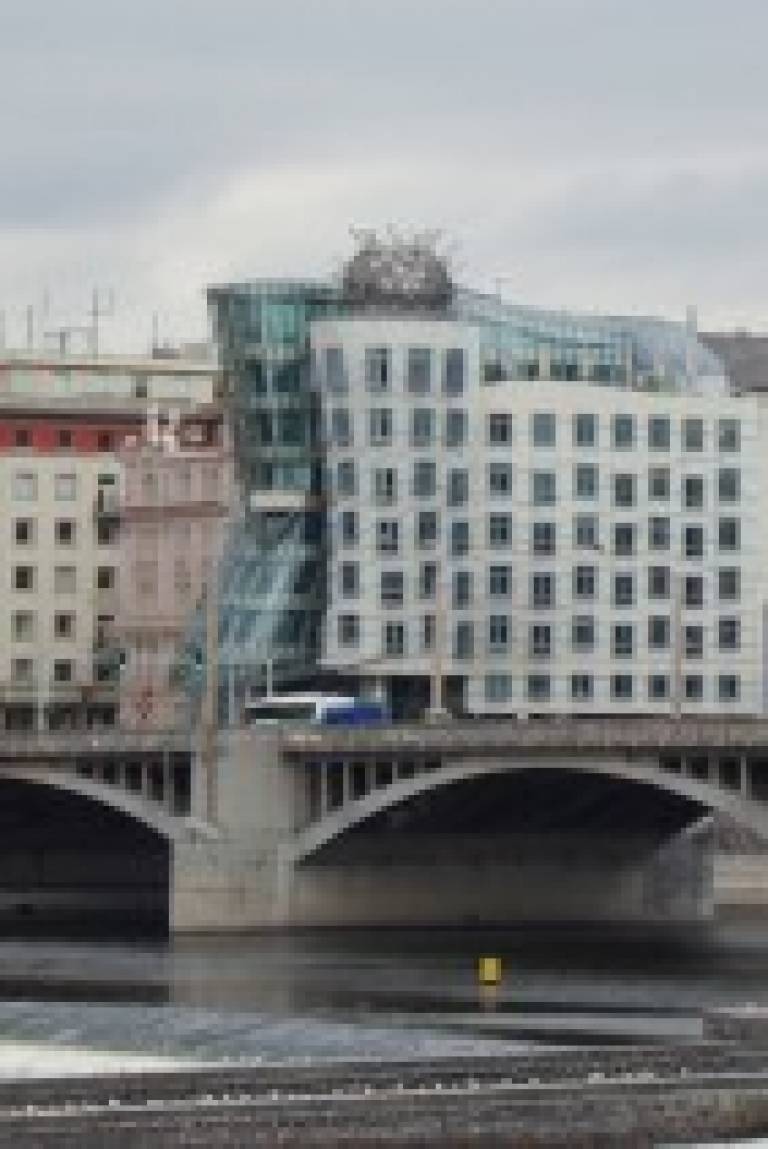SSEES 100: Achievements and Challenges for the Emerging Economies of Central Europe
22 June 2015–24 June 2015, 8:00 am–6:00 pm

Event Information
Location
-
Room 346-347, SSEES Building, 16 Taviton Street, London WC1H 0BW
error message: 'NoneType' object has no attribute 'to_html'
Economics and Business Conference
Monday 22 June 2015 – Wednesday 24 June 2015
error message: 'NoneType' object has no attribute 'to_html'
Papers and presentations from the conference are now available |
error message: 'NoneType' object has no attribute 'to_html'
This three-day conference draws focus to the appearance of the countries of Central Europe as a laboratory for new political and economic ideas throughout the 20th century.
Conference programme:
Keynote speakers will include:
- Leora Klapper (Lead Economist, Finance and Private Sector Development, The World Bank)
- Keun Lee (Professor of Economics, Seoul National University)
- Michael Landesmann (Director of Research,The Vienna Institute for International Economic Studies)
Registration:
To register to attend this conference please sign up on Eventbrite >
error message: 'NoneType' object has no attribute 'to_html'
Background:
In the early part of the century the countries of Central Europe experienced liberal capitalism, state protectionism of the 1930s, they then experienced war before transforming into centrally planned economies in its varied forms. From 1989, these countries continued their extraordinary experiments with change and transformation as they embarked on the challenging road back to market economies. Policy choices, political constraints and growth trajectories led to numerous debates on the causes of divergence and possibility of a return to convergence in the region. Until the debate shifted again with the 2008 global economic crisis, as economic gaps between different parts of this mega region increased as well as their institutional and political differences.
Against this rich and complex backdrop, there is much to learn from the region. First, a key area of interests continues to be the debate about institution and economic development. Why are institutions so central to the issues of economic development and growth? What have we learned from the experience of transition? And how does the 2008 crisis fit with this understanding? Second, a growing number of academics argue that different institutions, in a broad sense, are required at different stages of development. The rationale for this is easily illustrated: do countries really need an efficient protection of intellectual property when they sit far from the technological frontier and may benefit more from adopting and adapting existing technologies at the lowest possible cost? Or is the same health care system required by countries with very different demographics? Can this tell us something about the appropriate pace and sequencing of reforms? Finally, a new strand of literature is now developing around the particular challenge of transition from middle income to high income country: what are the type of innovations and investments that are associated with this transition? Central Europe is an especially relevant region in which to investigate all of these burning questions.
error message: 'NoneType' object has no attribute 'to_html'
Objectives:
With this in mind, this conference aims to take stock of our understanding of recent developments in Central Europe from a variety of perspectives and with a broad set of focal points. Through a mixture of keynote speeches from invited experts and selected contributions received through a call for papers, we will examine the major achievements and challenges in the region.
error message: 'NoneType' object has no attribute 'to_html'
error message: 'NoneType' object has no attribute 'to_html'
For more information, please contact the conference organiser Dr Elodie Douarin (e.douarin@ucl.ac.uk)
 Close
Close

